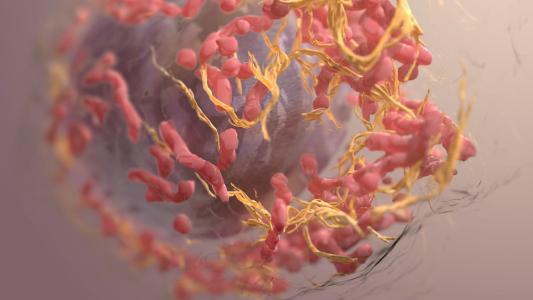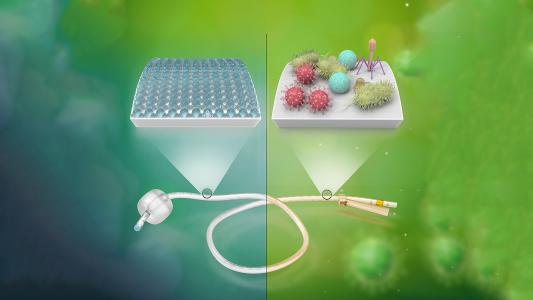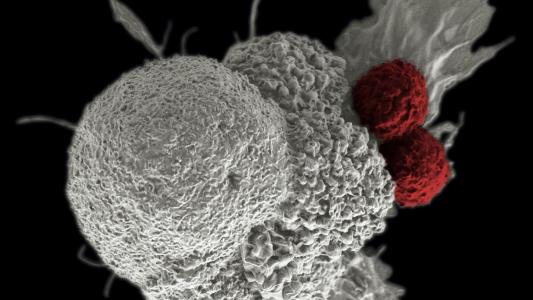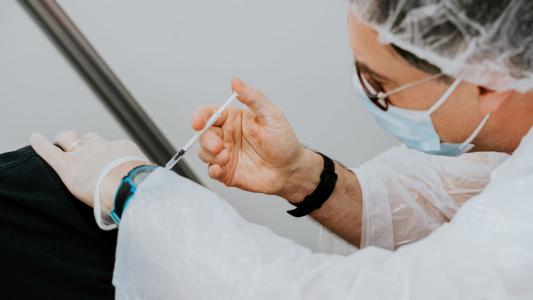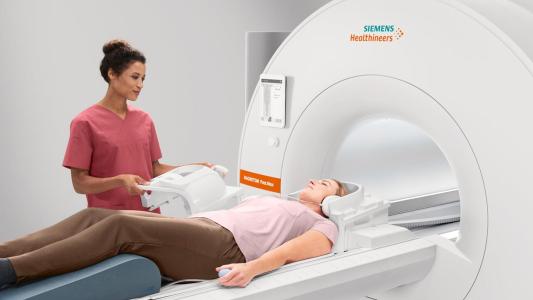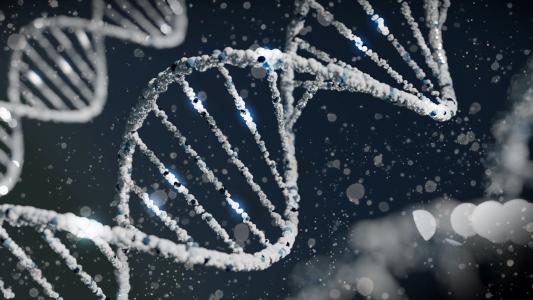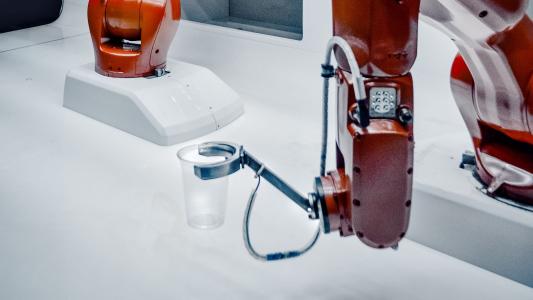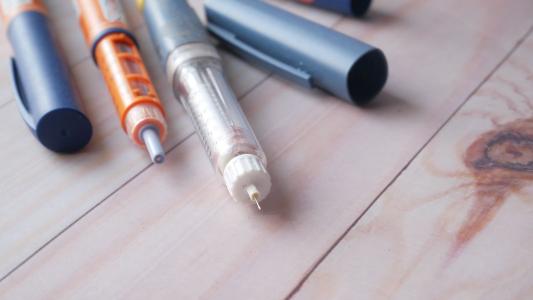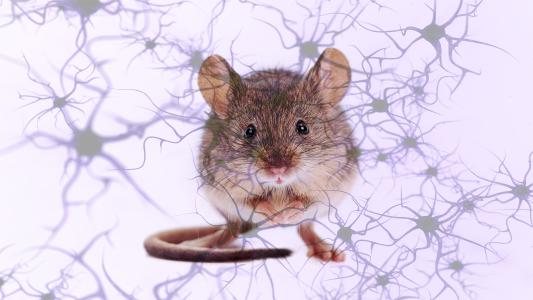Healthcare
Genetic mutations can be benign or cancerous – here’s a new way to identify them
Identifying the difference between normal genetic variation and disease-causing mutations is vital for determining a person's treatment.
New tech could help prevent 2/3 of hospital-acquired infections
A new treatment could prevent hospital-acquired infections by making it hard for biofilms to form on implanted medical devices.
Nanoparticles are the future of medicine
The success of some drugs that use nanoparticles, such as the COVID-19 mRNA vaccines, has prompted excitement among researchers.
Watch: Medic in jet suit reaches mountain top in 3.5 minutes
A paramedic in a jet suit flew up a mountain in just 3.5 minutes, demonstrating how the tech could shave valuable minutes off response times.
Will new vaccines be better at fighting coronavirus variants?
New virus-based vaccines could play an important role in generating a long-lasting, broad immunity against a rapidly mutating virus.
New MRI machine will unlock better images for medicine
A new MRI machine with a larger opening and a weaker magnetic field overcomes many shortcomings of other scanners.
Gene editing could reverse anxiety and alcohol-use disorder
Gene editing may be a treatment for anxiety and alcoholism in adults who were exposed to binge-drinking in their adolescence.
From robotic dogs to magnetic slime: 6 ways robots are helping humans
Robots are helping humans in a growing number of places - from archaeological sites to disaster zones to sewers.
Nonprofit drugmaker Civica Rx is taking aim at the high insulin price
People living with insulin-dependent diabetes have been waiting a long time for it to be more affordable. Could things change?
Brain infusions from younger mice revive memory in older ones
Stanford researchers have found that an infusion of cerebrospinal fluid from young mice improves the memory of old ones.
